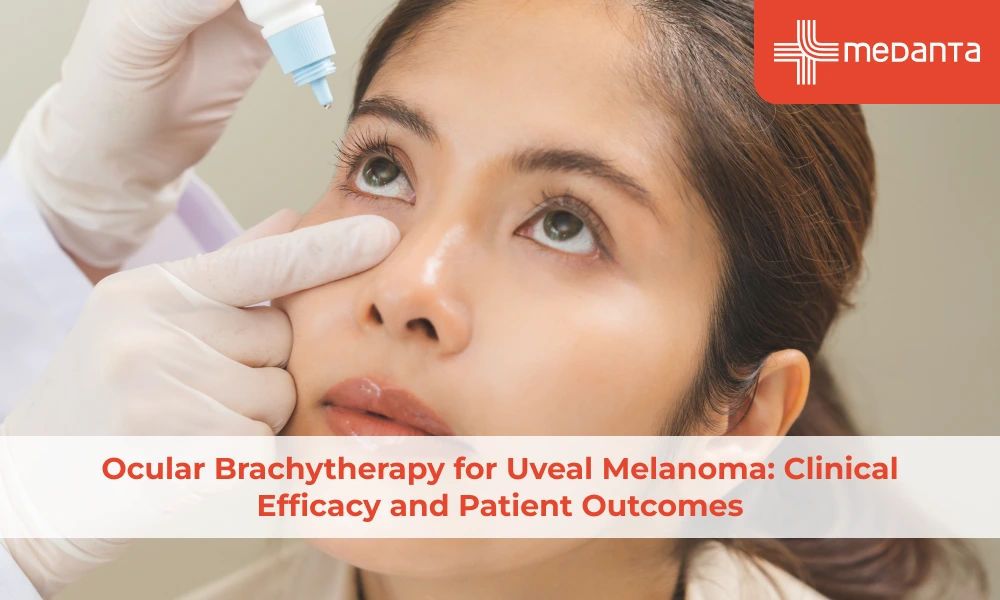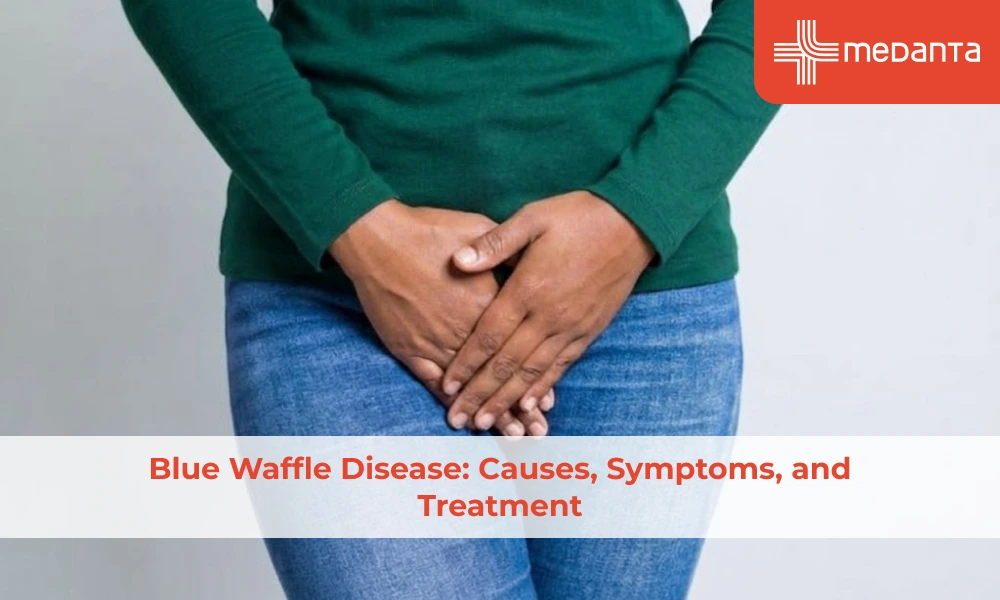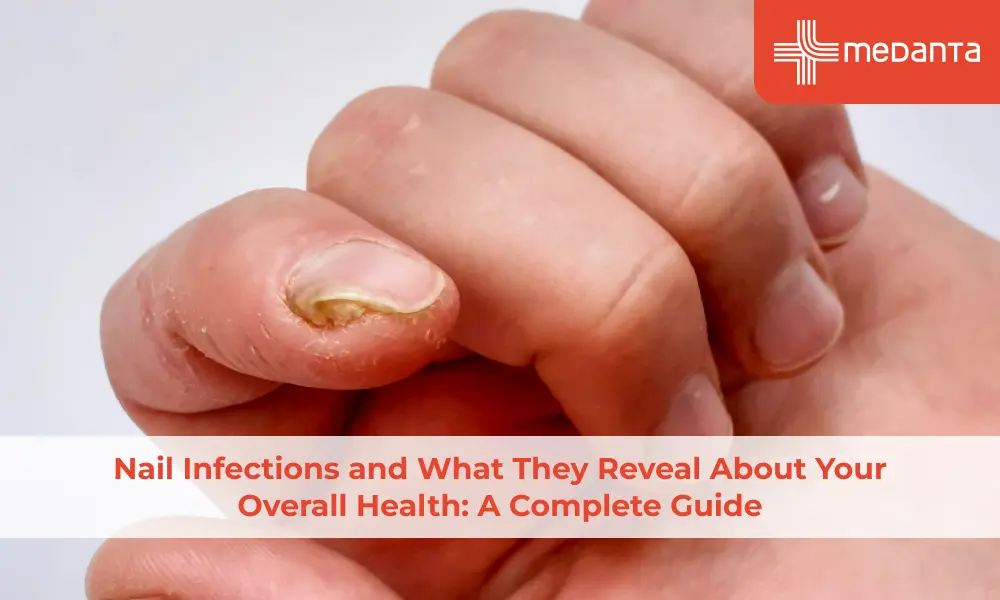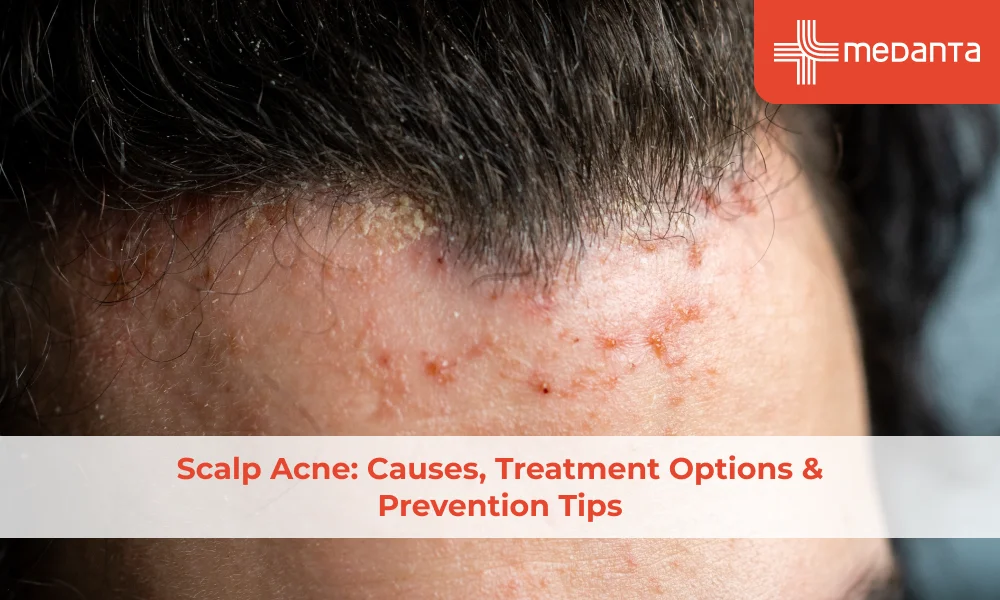What is Polycystic ovary syndrome (POCS)? Symptoms, Causes, And Treatment
Polycystic ovary syndrome Overview
Polycystic ovary syndrome, also known as PCOD, is a common hormonal disorder in women of reproductive age. It is an endocrine and metabolic disorder that disrupts your hormones and makes weight management difficult. PCOD is one of the leading causes of infertility in women and increases the risk of diabetes. But many women don't even know they have PCOS.
PCOS affects a woman's ovaries and hormones that regulate the menstrual cycle. It also increases your risk for cancers of the reproductive system. It reduces your quality of life if you do not take steps to lead a healthier lifestyle.
If you have PCOS, your body may not produce enough progesterone hormone. This could hinder your menstrual cycle, and you might miss your periods for a long time.
Types of PCOS
PCOS can be classified into four different types:
Inflammatory PCOS- In inflammatory PCOS, ovaries produce excess testosterone due to chronic inflammation. This adversely affects the ovulation procedure. In this type of PCOS, signs of inflammation include unexplained fatigue, headaches, joint pain, and skin issues like eczema.
Adrenal PCOS- Adrenal PCOS is caused by an abnormal stress response. When you are stressed with various problems in life, there are chances that your cortisol levels can elevate, leading to high DHEAS- an androgen made by your adrenals. Adrenal PCOS is the rarest type and most difficult to treat naturally.
Post-Pill PCOS- This type of PCOS occurs in women after they stop taking oral contraceptive pills. Oral contraceptives like Ginet, Yaz, and Yasmin can lead to this type of PCOS because synthetic progestins are used to make them.
Insulin-resistant PCOS- If you have high insulin levels, your ovaries will overproduce testosterone. The high insulin levels will also increase androgen levels leading to problems like excess hair and acne.
Causes of PCOS
Scientists and researchers have not determined the exact cause of PCOS. However, there are a few abnormalities in people with PCOS.
Insulin resistance: It is a phenomenon wherein the tissues and cells don't use insulin appropriately. This leads to a spike in blood sugar and insulin levels in the bloodstream. All this leads to an increase in androgen levels.
Obesity: Overweight people are more prone to insulin resistance. Thereby, they have an increased chance of PCOS.
Hereditary: PCOS runs in families. If your father, mother, or close relative has a history of PCOS, you have a higher chance of developing this disease. Studies have shown that multiple genes are involved in PCOS, which get passed from parents to offspring.
Hormonal Imbalance: The most common cause of PCOS is a hormonal imbalance leading to elevated insulin levels in your body. It causes the ovaries to produce a high amount of androgens leading to various PCOS symptoms.
Long-Term Inflammation- Women with PCOS are detected with higher levels of inflammation. And the side-effect of inflammation is the excessive production of androgens. This low-grade inflammation can cause PCOS in the long run.
Diagnosis
The most challenging part about diagnosing PCOS is that no two women have the same symptoms. A diagnosis of PCOS relies on ruling out the possible causes. To be diagnosed with PCOS, you must meet any of these diagnostic criteria:
- Detection of cysts on an ultrasound examination.
- Absent or irregular periods.
- Physical or biological signs of hyperandrogenism.
To diagnose PCOS, your doctor will ask about your medical history and symptoms. They will also do a pelvic exam and physical exam.
PCOS Symptoms and Treatment
The most common signs of PCOS are-
- Irregular or lack of periods
- Excess hair on the face and body (hirsutism)
- Acne and the presence of cysts in the ovaries.
- In most cases, it is also associated with weight gain, difficulty losing weight, and difficulty getting pregnant.
Treatment of PCOS
The worst part is that there is no known cause or cure for PCOS. There are things one can do to manage the symptoms but nothing to cure them permanently.
- If you have PCOS, do not lose hope, and try to eat healthily and exercise daily. You would fall off your routine once in a while, but it's important to get back on track and continue to make those efforts for a healthier you.
While there is no cure for this in traditional medicine, countless women have managed the side effects and symptoms of PCOS with lifestyle changes. Even if you don't see the changes externally, an active lifestyle does a lot for you internally, so remember that next time you feel hopeless.






